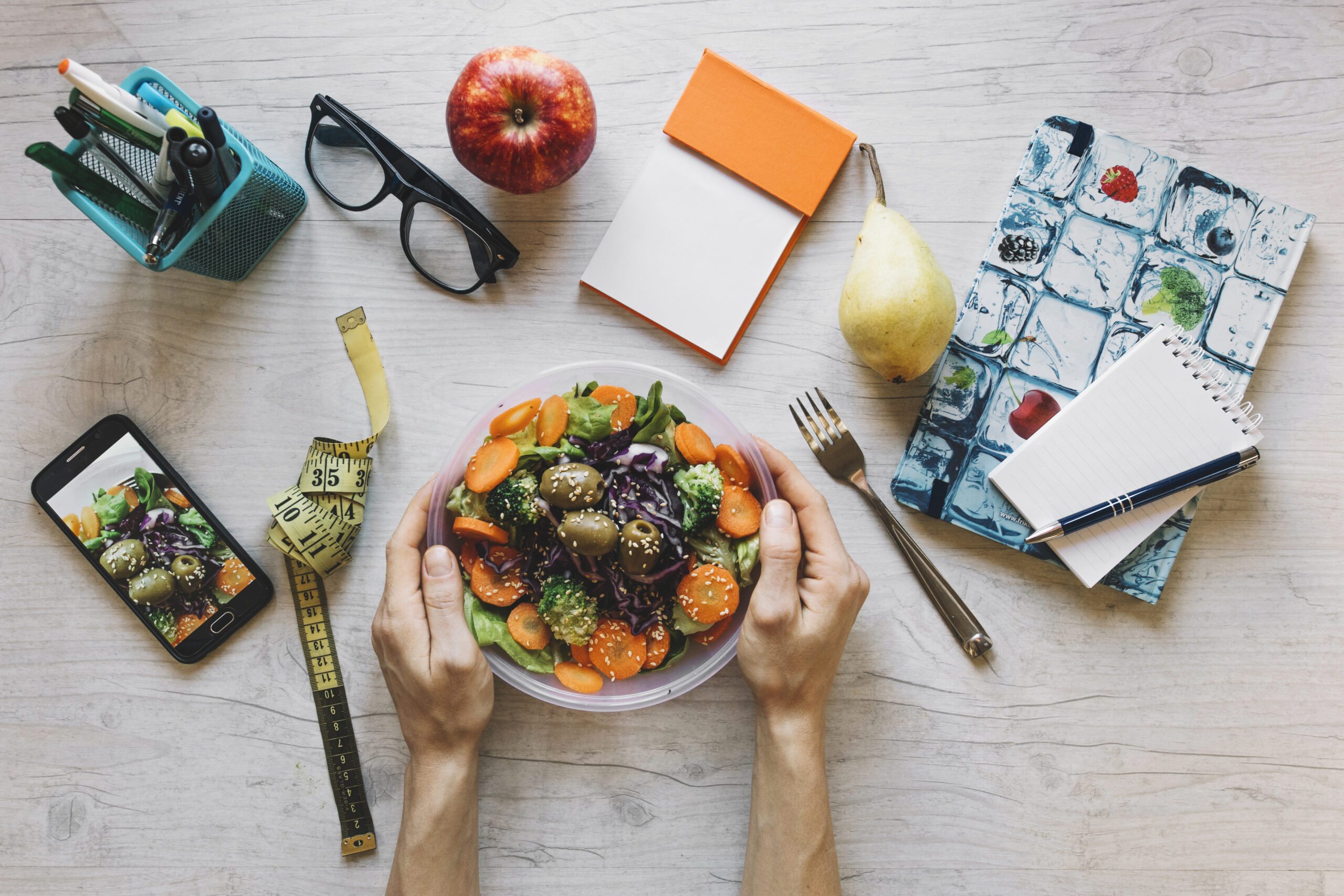A variety of nutrients in a student’s diet can help with focus and memory. So food interfere with your studies. In addition to reviewing content and solving practical problems, the entrance exam study routine requires attention to detail. One of the most important factors in a student’s daily life is nutritional management.
Food can be good or bad for a student, depending on each student’s intake, when it is eaten, and eating habits. For example, eating some fruit once does not improve attention or memory, so you have to eat it regularly for it to be effective.’
Does nutrition affect with studies? In their daily lives, students mainly take breaks for meals and fast food. Creating a curriculum ensures that there is no shortage or excess of food during the day.
Use food to your advantage
Food contains a variety of substances and nutrients. It’s important to determine what type of food is best for you and use it to your advantage while studying.

Energy Sources: Bananas, avocados, honey, whole grains, and some carbohydrates give students energy to feel energized. Consumption is suitable both for everyday life and for exams.
Memory booster: Omega-3 is a good memory friend, found for example in fish, chestnuts and flax seeds. According to nutritionists, long-term consumption of strawberries can also help memory, but few people see the fruit as an ally.
Concentrated Allies: Natural energy drinks are a better choice compared to industrial drinks. Tea (mainly green tea and cinnamon) has a stimulating effect and helps students to concentrate better. Drinking moderate amounts of (unsweetened) coffee may also be helpful for students. Another allay is 70% cocoa chocolate, which is delicious, healthy and contains caffeine.
“Relaxation and pleasure-enhancing substances: Chocolate, bananas, chickpeas and chestnuts containing cocoa affect the release of serotonin, which improves mood and well-being, reduces anxiety and relaxes students.”
Bad food
Just as there are foods that help you focus, improve your mood and remember, some foods do the exact opposite.
Foods rich in sugar, fat and preservatives increase student fatigue, reduce concentration and increase sleepiness. Foods and drinks that are not recommended include:
- Fast food
- General fried foods
- Industrial products (rich in preservatives and sodium)
- Soft drinks
- Sausages (sausage, salami)
- Liquor
Alessandra, a nutritionist, focuses on commercially available energy drinks, which she says despite working quickly and giving you energy and focus, also tend to quickly lower your mood and make you feel sleepy. Another issue highlighted by experts is the amount of sugar in energy drinks.
What to eat on the day of the test?
If you have to diet all year round, you have to focus more on race day. Applicants for EM or entrance exams should plan their diet to avoid unexpected events.
Anxiety itself increases bowel movements. Therefore, test takers must be careful with their diet to prevent foods from causing gastrointestinal illness. Some foods naturally increase gas production, so you may want to avoid foods like cabbage, beans, and cabbage. Some fruits have laxative effects, such as papaya.
Another aspect to consider is testing time. In the morning you can have breakfast with coffee, wheat bread and fruit. In the afternoon, you can choose a light lunch that contains protein, iron and carbohydrates. If you’re an anxious person and think it’s okay to skip meals, think again. If you go without food for a long time, your glucose levels may drop and you may feel nauseous. So try eating foods like nuts, 70% cocoa chocolate, granola bars, fruit (bananas, apples, grapes, strawberries) or natural bread that doesn’t need to be refrigerated.
Stay hydrated
Staying hydrated is important for the body to function properly. Take advantage of the announcement that students can bring juice, tea and water to stay hydrated during the test.
Avoid high-sugar drinks like soda because the excitement lasts longer and students become tired after the peak. Carbonated drinks also increase abdominal discomfort due to gas formation.
